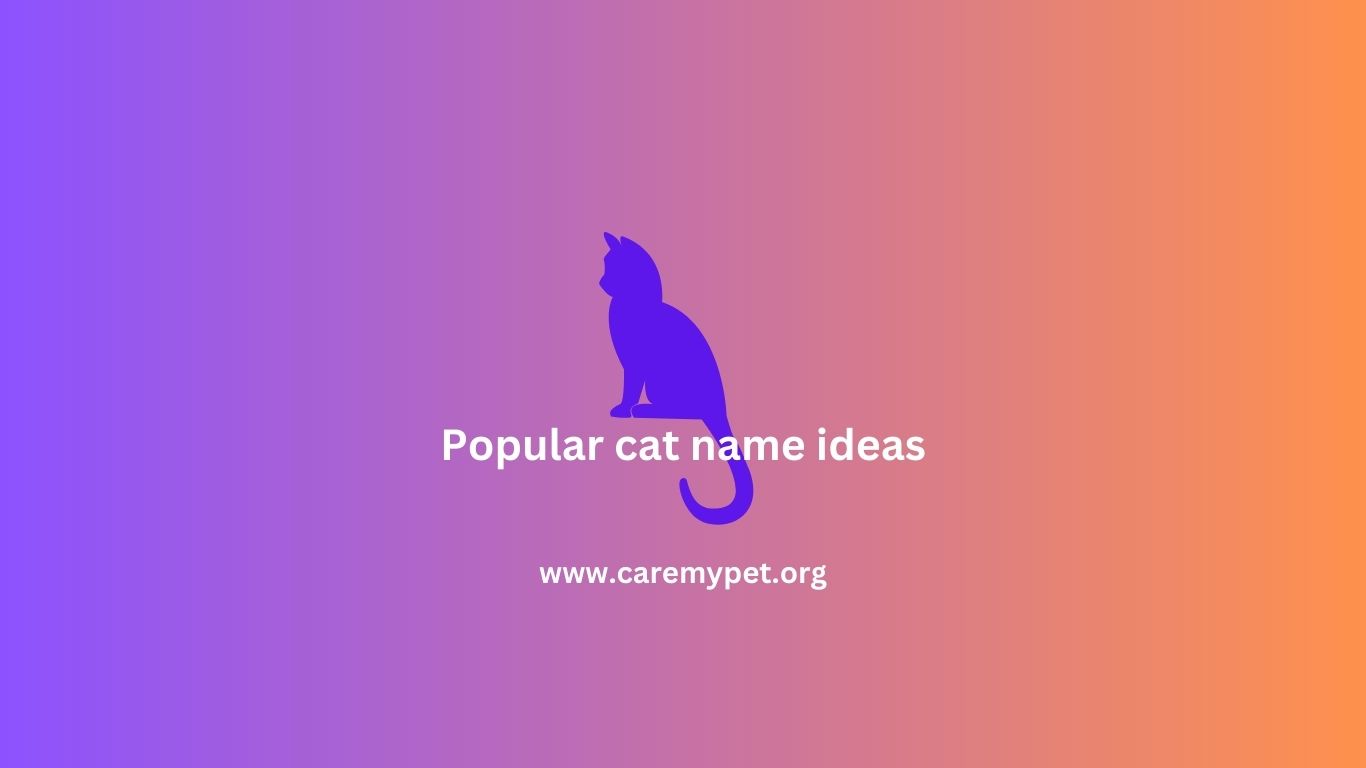What are the safest foods for cats?
As a responsible cat owner, you must know that cats have inquisitive nature. You should know that all human foods aren’t safe for cats. Sometimes, cat owners wanna feed their feline companion their own food. So, before feeding cats, you must have proper knowledge of which foods are safe for cats.

Dietary needs
Cats are carnivorous. They like animal-based protein. Compared to other animals, they have different dietary needs. Their diet should consist of protein, fats, vitamins, and minerals. So, let’s explore some safe foods for cats.
List of Safe Foods for Cats
Vegetables
Asparagus
Cooked asparagus is safe for cats. Your cat might enjoy a small amount of asparagus. Asparagus has a high alkaline profile. If your cat has urinary problems, you should skip feeding this.
Broccoli
Broccoli is considered a non-toxic food for cats. You should feed this item as a rare treat. You should also provide them in small quantities.
Carrots
Carrots are high in fiber. They are incredibly nutrient-dense. Like other vegetables, you should feed this item as a rare treat. You should avoid feeding raw carrots.
Green beans
Green beans are also one of the safe foods for cats. If your cats suffer from obesity, green beans can be a good snack option for cats. You should introduce these foods slowly. You should feed your cat fresh and organic beans.
Peas
Peas contain both protein and carbohydrates. These can be a fun treat for your feline companions. But, you should feed these foods in moderation.
Pumpkin
Pure pumpkin is safe for cats. Spiced and seasoned pumpkin isn’t safe for them.
Spinach
Naturally, cats like leafy greens. Spinach contains some beneficial vitamins for cats. If your cats have any kidney or bladder problems, avoid feeding spinach to cats.

Fruits
Apples
Apples are safe for cats. Before feeding, make sure that the apples are organic and skinless. You shouldn’t let them eat apple seeds. Because apple seeds are toxic to cats.
Bananas
Bananas aren’t toxic for cats. As they are high in fiber, they are difficult to digest. A large amount of potassium and sugar is found in bananas. So, you should offer bananas in small quantities.
Blackberries
Blackberries are extraordinarily rich in fiber. Another benefit is that they include vitamins A, C, E, and K. you should feed blackberries in small quantities and as a treat.
Blueberries
Blueberries are safe for cats. They are rich in antioxidants which are beneficial for cats. The water and fiber content in blueberries are safe for cats. You should offer these items occasionally.
Raspberries
Raspberries have an excessive amount of fiber and little sugar. You should offer these foods occasionally.
Honeydew
According to ASPCA honeydew is not toxic to cats. You should consider offering it to your feline friends occasionally. It is not only rich in Vitamins A and C but also rich in fiber.
Watermelon
Seedless watermelon is ok for cats. Most cats enjoy eating watermelon. If your cats suffer from dehydration, you can offer watermelon to your cats. If your cat has a diabetic issue, you can skip this.

Whole grains
Brown rice
Generally, rice is offered to dogs who are suffering from diarrhea. This approach is advantageous for cats as well. Cooked brown rice is okay for cats. As rice is constipating, offer it with your vet’s oversight.
Barley
Barley is a great digestive grain for cats. Cats like to eat barley. Barley is rich in active enzymes. It can keep your cats coat and skin healthy. If your cat suffers from digestive problems, you can feed them this item.
Corn
In pet food, corn is often used. It is okay when it is cooked and ground. Many pet food suppliers in both dog and cat foods use corn as filler. Some cats like to eat small pieces of corn chips occasionally.
Millet
Your cat will receive some fat and protein via millet. It is considered a healthy alternative to most of the pet food elements. Commercial cat and dog foods might include cooked millet.
Oatmeal
Cats enjoy oatmeal the most. You can offer it to your cat as you prepare it for yourself. Don’t add salt, milk, or butter to it. You can offer it in moderation occasionally.
Wheat
Wheat is considered one of the staple foods in cats’ diets. Wheat also offers some important nutrients.
Meat
Cats are carnivores. You may feed your cat some meat items like fish, red meat, and white meat. Make sure the meats are properly cooked. If you feed uncooked meat and fish, your cats may suffer from salmonella and E. coli.
Fish: salmon, herring, tuna, whitefish, trout, and mackerel.
White and red meat: beef, turkey, chicken, pheasant, pork, and duck (occasionally).
Eggs
Eggs can be beneficial for your feline friends. Before feeding, make sure that all eggs are cooked. If you want to feed eggs to your cats, feed them in small quantities.
Conclusion
Providing safe and appropriate foods to cats’ diet can be a good way to show love and care. Before providing foods to your cats, you can discuss with your veterinarian.

FAQs
- Can I give raw fish to my domesticated cat?
It is best to avoid feeding raw fish to cats.
- Is it safe to give milk to cats?
No.
- Are there any fruits I should avoid feeding my cat?
Yes. Cats suffer from poisoning by raisins and grapes. You should avoid feeding these fruits to your cats.
- Can I share my salad with my cat?
As some vegetables are safe, raw vegetables aren’t safe for them. Cooked vegetables are safe for them.
- How can I tell if my cat enjoyed the treat I gave her?
You can consider their behavior. If your cats enjoy their food, they will be active, playful, and enthusiastic.






